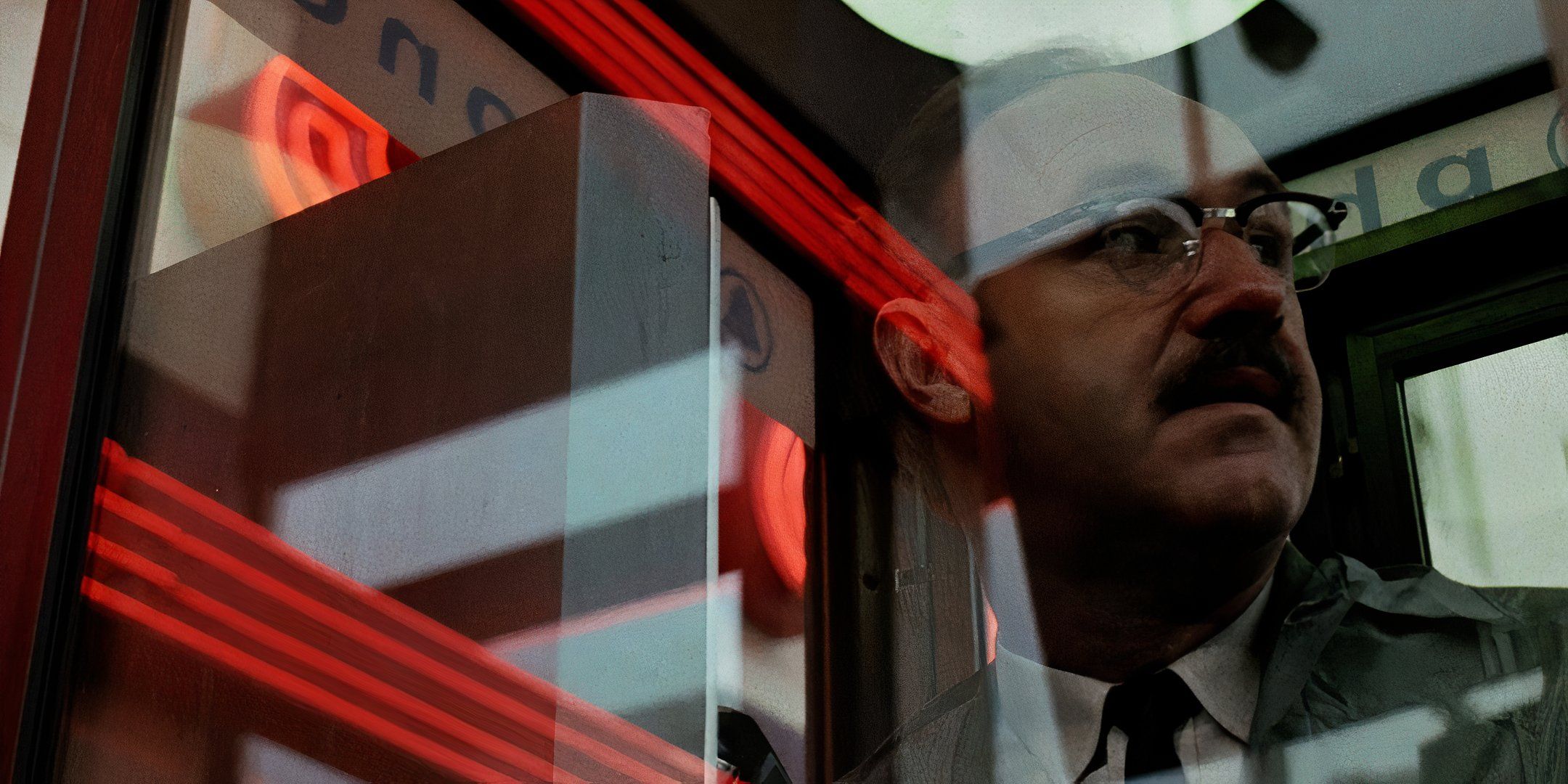
In contrast to the surge of horror films during the 1970s, one particularly terrifying movie from that era belongs to a distinct genre. The 1970s was an atypical period for cinema as Hollywood found itself at a critical juncture in its long-standing history. Established studios were crumbling and old guard filmmakers were gradually being replaced by a vibrant cohort of young, innovative directors who had received specialized training in the craft of filmmaking. Visionaries such as Francis Ford Coppola, Steven Spielberg, and Martin Scorsese flourished during this era, significantly transforming the landscape of mainstream cinema.
Moving away from the grandiose blockbusters of the ’50s and ’60s, numerous New Hollywood masterpieces stood out for their big ideas encapsulated in smaller-scale productions. The emphasis was primarily on compelling storytelling, yet these films also demonstrated exceptional technical abilities. Francis Ford Coppola’s The Godfather is often hailed as one of the best films ever made, and many other iconic Hollywood productions emerged during the New Hollywood era. Despite their timeless appeal, some lesser-known New Hollywood classics offer a chilling portrayal of contemporary fears that resonate strikingly with their respective time periods.
What Makes The Conversation One Of The 1970s‘ Scariest Movies
Urban Paranoia In The Heart Of The Watergate Era
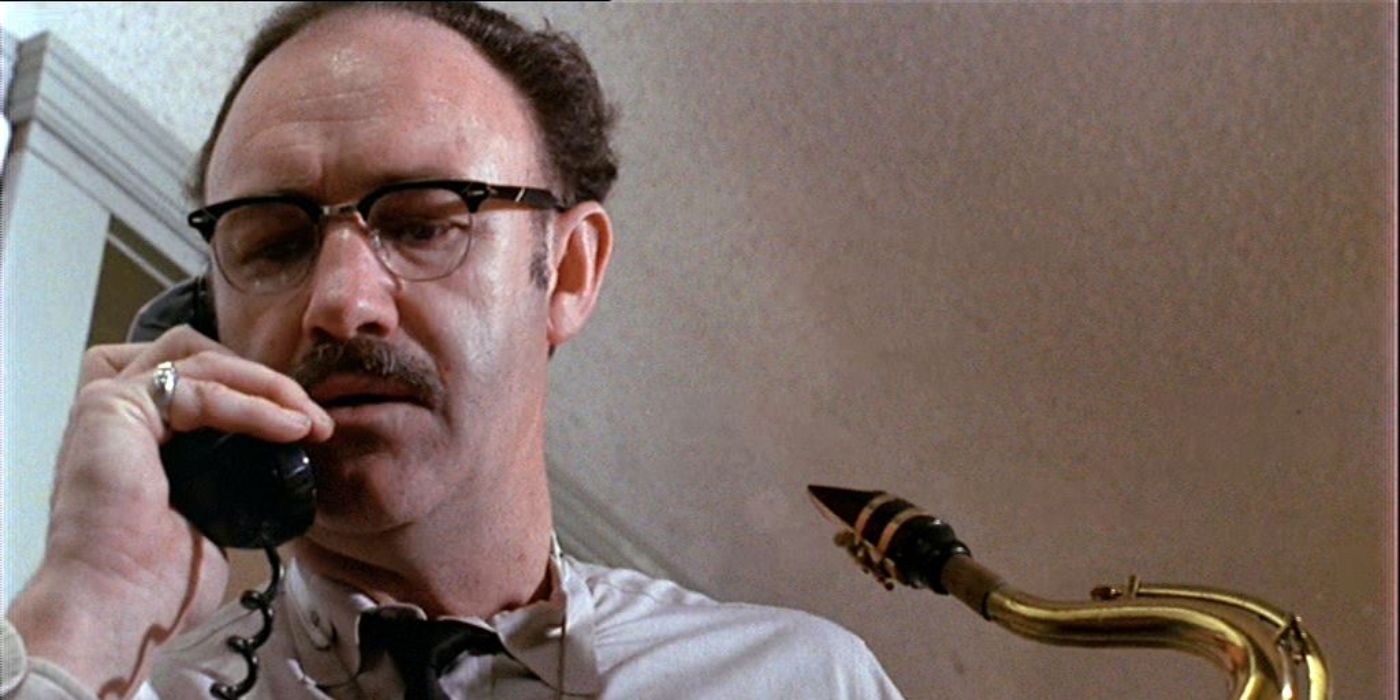
Between the production of iconic films “The Godfather” and “The Godfather Part II,” New Hollywood legend Francis Ford Coppola delivered one of the most spine-tingling movies of the 1970s. Released in early 1974, “The Conversation” unfolds as a genuinely haunting tale about a surveillance specialist who becomes increasingly paranoid and entangled in a maze of suspicion and intrigue when he believes one of his recordings might contain the sound of a murder. This film shares some similarities with classic noir narratives, but its raw and ominous tone gives it a surprisingly contemporary feel.
Instead of traditional horror movies where characters face monsters, murderers, or supernatural threats, Harry Caul, portrayed by Gene Hackman, is tormented by his past and a growing sense of impending danger. The cityscape of San Francisco contributes to the fear as it transforms into a complex maze for Harry’s feelings of isolation and apprehension. When this film was unveiled in 1974, privacy and surveillance were hot topics, and the United States was deeply entangled in the Watergate scandal, which had covert audio recording at its core.
In the film, Harry finds himself in a nerve-wracking scenario as he starts to believe that those around him are plotting against him. Not only does he suffer betrayal from his associates, but he also loses faith in his own intuition as the enigma deepens. The movie ending is one of the most chilling in cinema history, leaving viewers as uneasy and mistrustful as Harry. The film subtly hints at more secrets hidden within the mystery, but Harry must accept that he’s constantly under surveillance.
The Conversation Is Underrated As A Francis Ford Coppola Movie
The Director Has A Lot Of Amazing Films In His Filmography
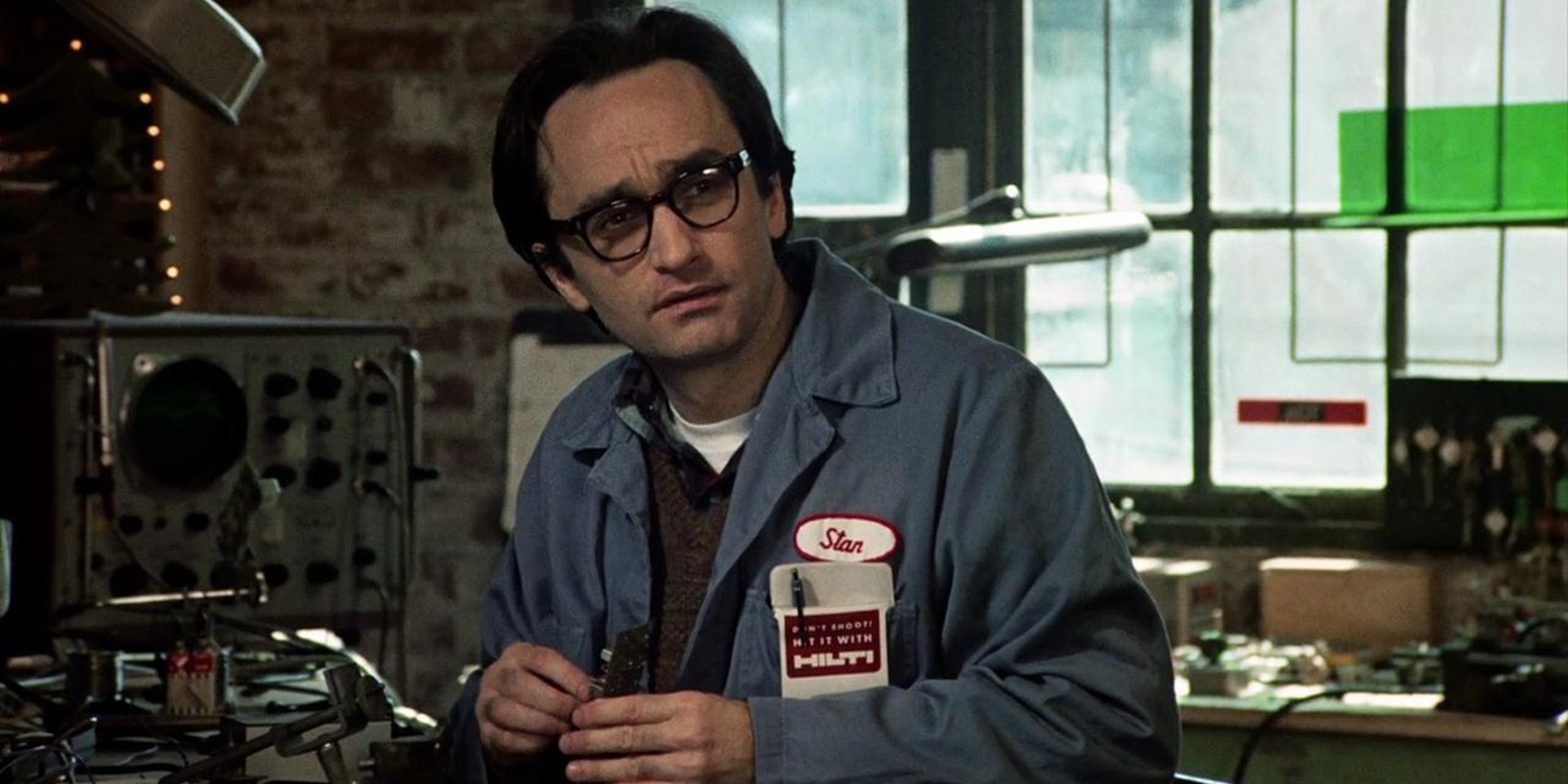
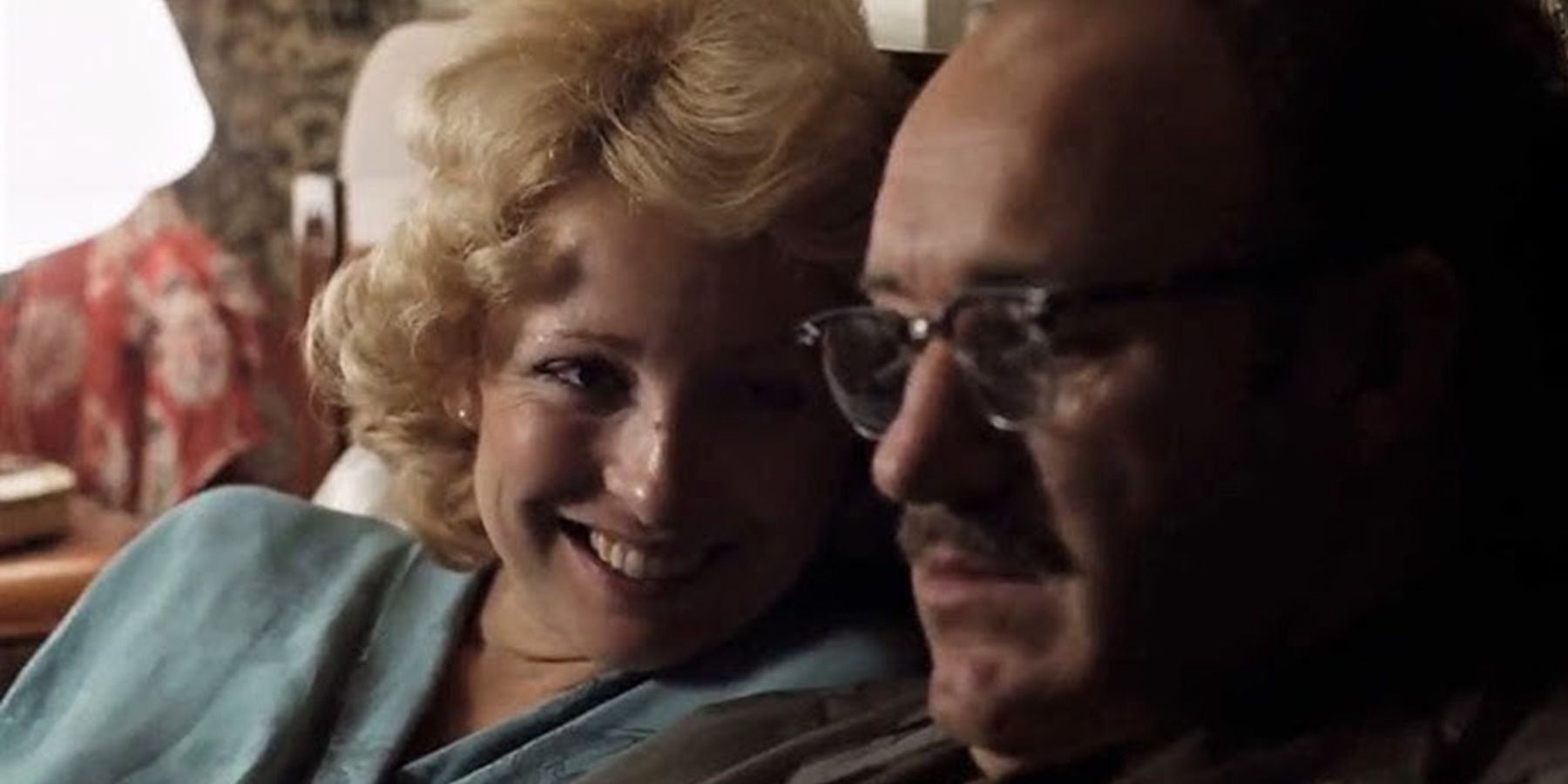
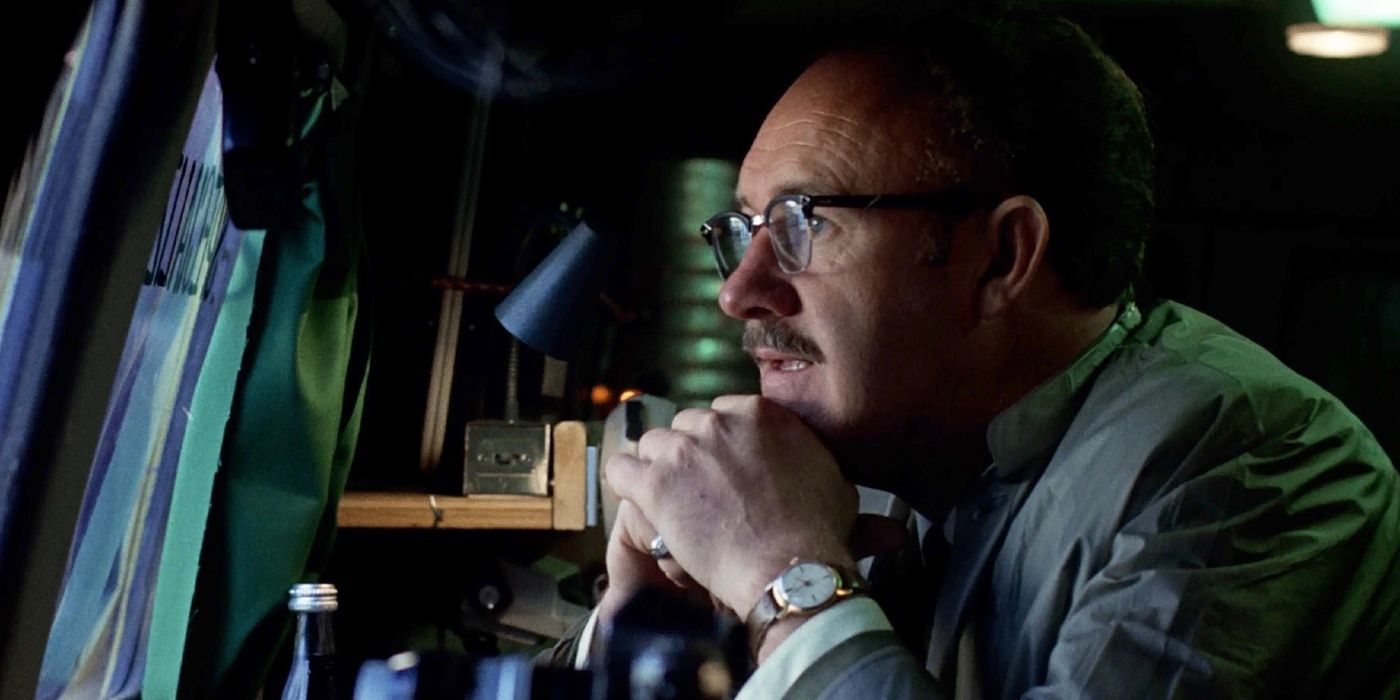
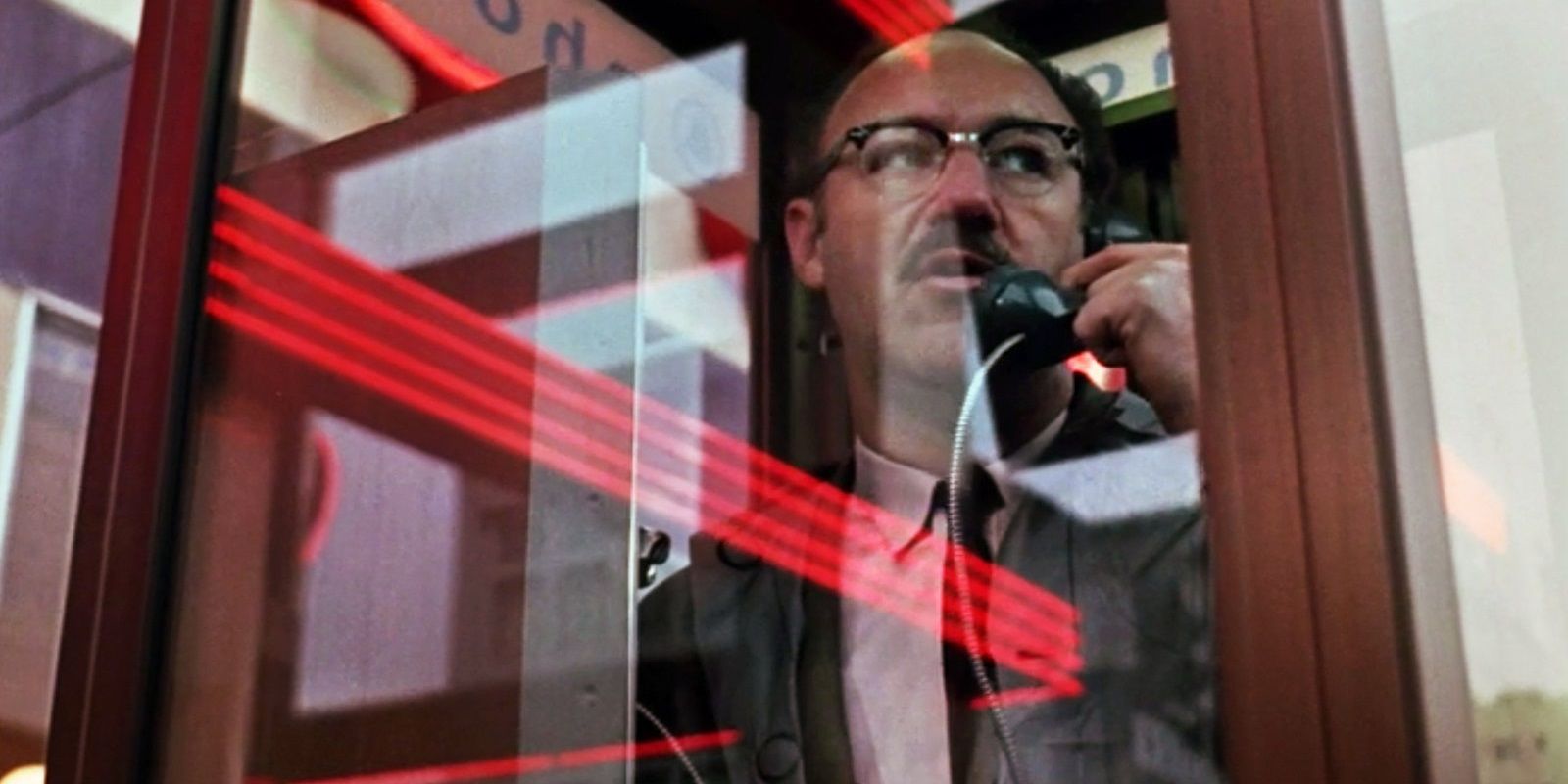
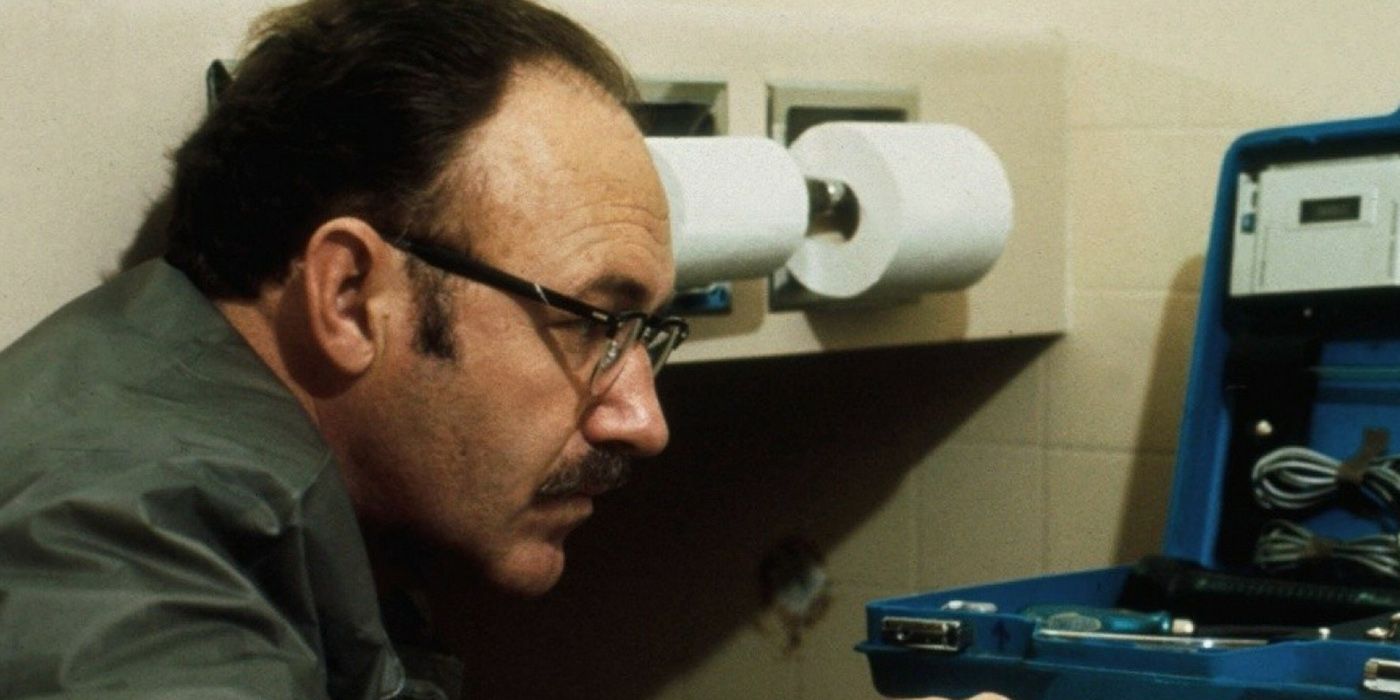
As a movie enthusiast, I must say that Francis Ford Coppola’s “The Conversation” remains an underappreciated gem amidst his impressive body of work. Unfortunately, its release sandwiched between the first two installments of the Godfather trilogy did it a considerable disservice. The extraordinary success of “The Godfather Part II,” released almost concurrently with “The Conversation,” overshadowed the latter significantly. While they were not directly competing at the box office, perhaps audiences were simply overwhelmed by too much Coppola in one year.
Francis Ford Coppola’s 1970s filmography includes:
| Movie | Release Year | Rotten Tomatoes Score |
|---|---|---|
| The Godfather | 1972 | 97% |
| The Conversation | 1974 | 94% |
| The Godfather Part II | 1974 | 96% |
| Apocalypse Now | 1979 | 90% |
In a surprising turn of events, “The Conversation” was up for multiple Oscars, including the prestigious Best Picture award, but it was outshone at the 1974 Academy Awards by “The Godfather Part II.” One reason it could be seen as undervalued is that it was a flop at the box office when initially released. It only managed to make around $4.2 million, which was just enough to cover its nearly $2 million production costs, leaving little room for profit. Many exceptional films often go unnoticed upon their initial release, and “The Conversation” is significantly better than its financial history would suggest.
On a deeper level, The Conversation may be underestimated due to its raw and authentic portrayal back in 1974, which some viewers might have found too uncomfortable during those uncertain times. Despite not being a traditional horror movie, it remains incredibly chilling, and perhaps it was too close to reality for audiences at the time when the Watergate scandal was still unfolding and no clear answers were in sight. Even today, The Conversation may be overlooked by some because its themes of surveillance have only grown more relevant with the advancement of modern technology.
Read More
- Clash Royale Best Boss Bandit Champion decks
- Vampire’s Fall 2 redeem codes and how to use them (June 2025)
- Mobile Legends January 2026 Leaks: Upcoming new skins, heroes, events and more
- World Eternal Online promo codes and how to use them (September 2025)
- Clash Royale Season 79 “Fire and Ice” January 2026 Update and Balance Changes
- Best Arena 9 Decks in Clast Royale
- Clash Royale Furnace Evolution best decks guide
- FC Mobile 26: EA opens voting for its official Team of the Year (TOTY)
- Best Hero Card Decks in Clash Royale
- How to find the Roaming Oak Tree in Heartopia
2025-05-30 15:08